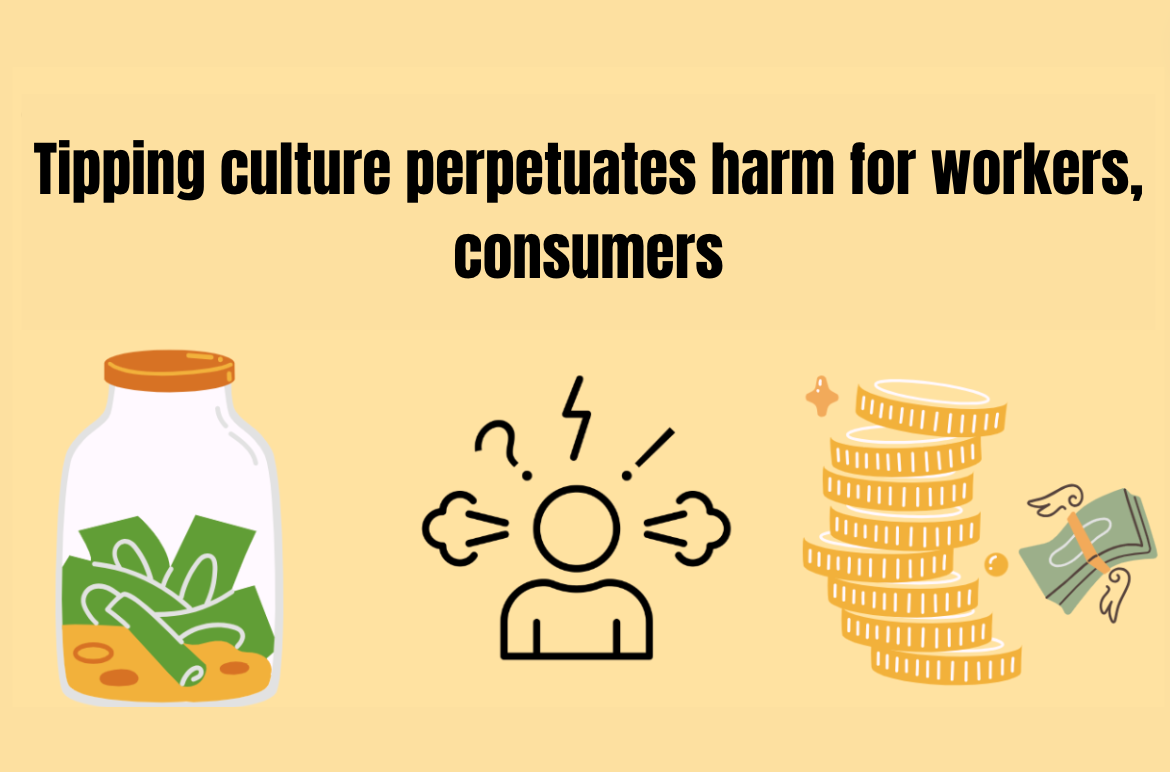After the full High School showing of A Light in the Darkness: A Story of Hope During the Holocaust, what truly moved me was hearing Holocaust survivor Eva Schloss speak. Schloss made the point that hatred and violence continue to surround us every day; it did not end after the killing of 11 million people: Jews, Roma Gypsies, homosexuals and Poles alike.
When the Holocaust ended, everyone said “never again”. Looking around today, and indeed, what Schloss highlighted, was that we humans do not learn from our mistakes. Schloss, like many other survivors of the Holocaust, chose to tell her story to try to stop history repeating itself, but yet harmony still does not exist.
I now find myself questioning what one person can do about hatred and anger in our own society. It is not hard to understand how one may feel insignificant if it is one voice against a thousand. I know in many cases, especially when having to choose sides in a political issue, choosing the underdog or David over the perceived Goliath due to societal pressure versus personal beliefs is hard. But from my perspective, one informed voice is worth more than a thousand angry and spiteful ones.
We students are the future, and it is in this spirit that I implore everyone to try to understand the world we live in. As conflict continues to envelop our world, to understand the problems and events in different places is to make a difference. Too often, I feel as though we are more focused on what is directly affecting us in London over what is happening to others internationally.
One of the problems with the Holocaust was that regular people allowed it to happen. They were passive, because they were not the ones victimized. Thus, killings began because many did not have strong enough convictions to stop the murdering and persecution of millions. Yes, there were people who were part of the resistance, and we owe much to them. However, the mentality of many was, “if I’m not being affected, why should it matter to me?”
This mentality lives on. We do not try to understand conflict in regions far away from us because we do not think it will affect us. In other cases, quite simply, sometimes when we are informed, we are not doing enough to actively help to solve the problem. This is similar to the Holocaust, as many knew of the deportation of Jews to concentration camps, but continued to stand by thinking that they would not be listened to because their opinion was insignificant.
If the Syrian population is being exposed to chemical weapons by its president, why should it matter to an American student in London, especially since we are thousands of miles removed? Why should the killing of an unarmed black teenager in Ferguson, MO matter to us? At the same time, genocides of similar nature continues to happen even after the mass killings of Jews. Take as recent as the 1990s, where genocides in both Rwanda and Bosnia occurred.
We’re lucky in many senses: To have a constitutional monarchy which is viewed as a powerful government by other nations is valuable, as is the level of our education. If we are part of this society where we are lucky enough to be afforded these privileges, how can we look on so passively at these injustices in other parts of the world?
If there’s one thing we should take away from Schloss, it is that the world will not change without us, the future generation, getting involved in politics and trying to understand what is happening both near and far away. It begins with understanding: To read a variety of sources, to discuss with family, or friends, or teachers, and then finally to act based on your own convictions. Do not let yourself give into societal pressure, do not allow yourself to be swayed by a group when you do not actually know what is going on. Be informed in politics, in what is happening in our world, because it is the world we are living in.
Nelson Mandela once said, “Education is the most powerful weapon which you can use to change the world.” In this case, education is to read current events. Once one has understood the injustices that surround him or her, whether a thousand miles removed or in their own country, that is when change can truly happen because they will feel empowered to make a difference.







